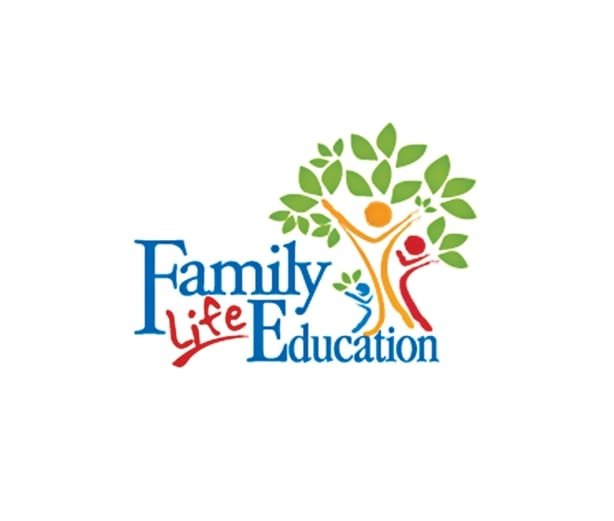Back to: BASIC SCIENCE JSS2
Welcome to Class !!
We are eager to have you join us !!
In today’s Basic Science class, We will be discussing Family Life Education. We hope you enjoy the class!

TOPIC: FAMILY LIFE EDUCATION
A family consists of parents and their children, or a group of people that are related by blood or marriage. A family can either be a nuclear family or an extended family. Family life education is an organized effort to provide family members with information, skills, experiences, or resources intended to strengthen, improve or enrich their family experience. It is the practice of equipping and empowering family members to develop knowledge and skills that enhance well-being and strengthen interpersonal relationships through an educational, preventive, and strengths-based approach.
The communication techniques that can be used include:
- Ask questions: Questions should be asked to enable the person to open up. We have close and open-ended questions. Close-ended questions require straightforward responses but open-ended questions afford the individual the opportunity to say all that is necessary. More open-ended questions should be used.
- Listening: Listening is a skill that has to be learned over time. Listening attentively is important. The listener should also pay attention to the body language of the speaker.
- Feedback: Feedback is very necessary and helps in making amendments. When family members get feedback from each other, it stimulates a closer relationship between them.
- Observation: An individual should be very observant to changes in any member of the family. Most times, the issues that eventually come out in the open to be discussed, are borne from observing that there is a problem.
- Honesty: When communication is done honestly, it gives room for more conversations. Importance of honest communication about puberty helps adolescents to be more willing to discuss the changes they are going through. Adolescents do not go through physical changes alone, they also go through psychological changes amidst other changes. At this period, they need someone who will listen to them and encourage them.
Other communication techniques like the silent treatment, empathy, smile etc. are also helpful in the family.

Each member of the family has responsibilities and here are some of the responsibilities of the parents:
- To provide healthy foods, clothing and shelter.
- To encourage and motivate them to be the best they can be.
- To help them lead an independent life.
- To create a healthy and enriching environment.
- To provide love and affection equally.
- To instil discipline in them.
- To provide proper education for them; both formal and informal.
- To listen to them when they need to talk.
- To keep them healthy and strong.
A lot of parents shy away from enlightening their children about sexual issues and this should not be so. Sex education is now being incorporated as a topic under family life education. Teenagers should be well aware of the choices they can make as regards their sexual life, alongside the consequences of such choices.
We have come to the end of this class. We do hope you enjoyed the class?
Should you have any further question, feel free to ask in the comment section below and trust us to respond as soon as possible.
In our next class, we will continue our conversation on Family Life Education. We are very much eager to meet you there.
